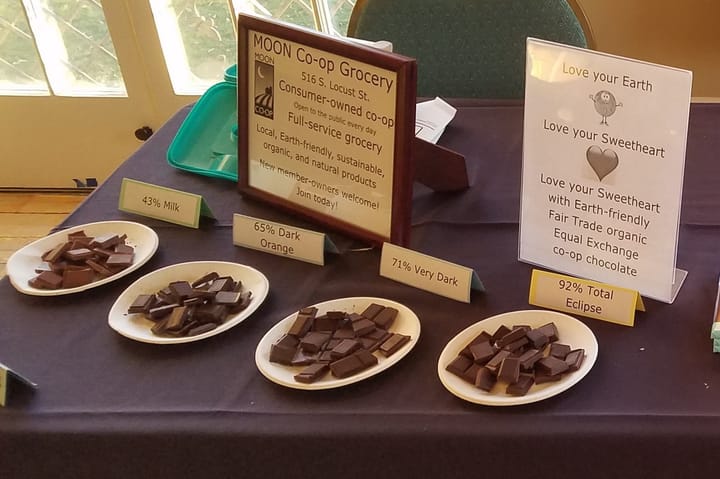Observations: political protest
Political protest has a long and storied history in the United States.

Political protest has a long and storied history in the United States.
There was, of course, Thomas Paine’s angry pamphlet “Common Sense” in January 1776, which argued persuasively that the American colonies should declare their independence from Great Britain. It helped focus opposition to the British monarchy and fuel the agitation that led to the Revolution, and independence at last.
Though a novel, Harriet Beecher Stowe’s “Uncle Tom’s Cabin” was likewise a political document, aimed at creating resistance to slavery and the abuses it brought. Abraham Lincoln is famously said to have commented that this was “the book that made this great war.”
In the same way, in the early part of the 20th century, Upton Sinclair’s novel “The Jungle” called attention to the awful abuses in the meat-packing industry, and helped mobilize sentiment that eventually led to legislation to deal with those abuses.
But protest became even more direct in the 20th century. There was the Bonus March in 1932, where veterans of the Great War descended on Washington D.C., to demand payment of the bonus that had been promised to them for their service. The United States Army, led by Dwight D. Eisenhower, Douglas MacArthur, George Patton and other future luminaries put down that protest, but not without alienating most of the country, mired in the Great Depression.
Later in the 20th century, protest became even more pointed, and ultimately more successful. Agitation against the Vietnam War led to marches and angry chants that summed up the growing fury. “Hey, hey, LBJ, how many kids did you kill today,” or even more pointedly, “One, two, three, four, we don’t want your f***ing war.”
I was out of the country, serving in the Peace Corps in the Philippines from 1967 to 1969, and so missed many of the marches and demonstrations that grew more and more furious during those years.
But when I was back in the United States, in graduate school in 1969, I heard about what was called the Moratorium March in Washington D.C. Determined to participate in something I had missed earlier, I boarded a school bus in Connecticut and went to the nation’s capital, where about 200,000 people were massed to protest the war.
Pete Seeger, the well-known banjo-playing folk singer was there, trying to rouse the crowd in the morning. He wasn’t having much luck, until he remembered a seven-word line he had heard John Lennon sing the week before. “All we are saying is give peace a chance.” As he began to sing and play that verse over and over, the crown began to sing. Mitch Miller, of “Sing along with Mitch,” jumped on the stage to direct the crowd, and Peter, Paul and Mary followed him.
The war didn’t end right then, but in time the protest generated the fury that forced negotiation, and finally capitulation.
Protest does make a difference. Perhaps not right away. Perhaps not even for a while. But it can help create a constituency for change, and that can make all the difference.
The recent “No Kings” protests, held all over the country, Oxford included, did make a difference. Mobilizing an estimated seven million folks, they helped create an awareness that things need not remain the same. This protest was more extensive than an earlier one, and there is a growing sense that opposition to government abuses has started to grow. I can only hope that is true.
Allan Winkler is a University Distinguished Professor of History Emeritus at Miami University, where he taught for three decades. He serves on the Board of Directors for the Oxford Free Press.




